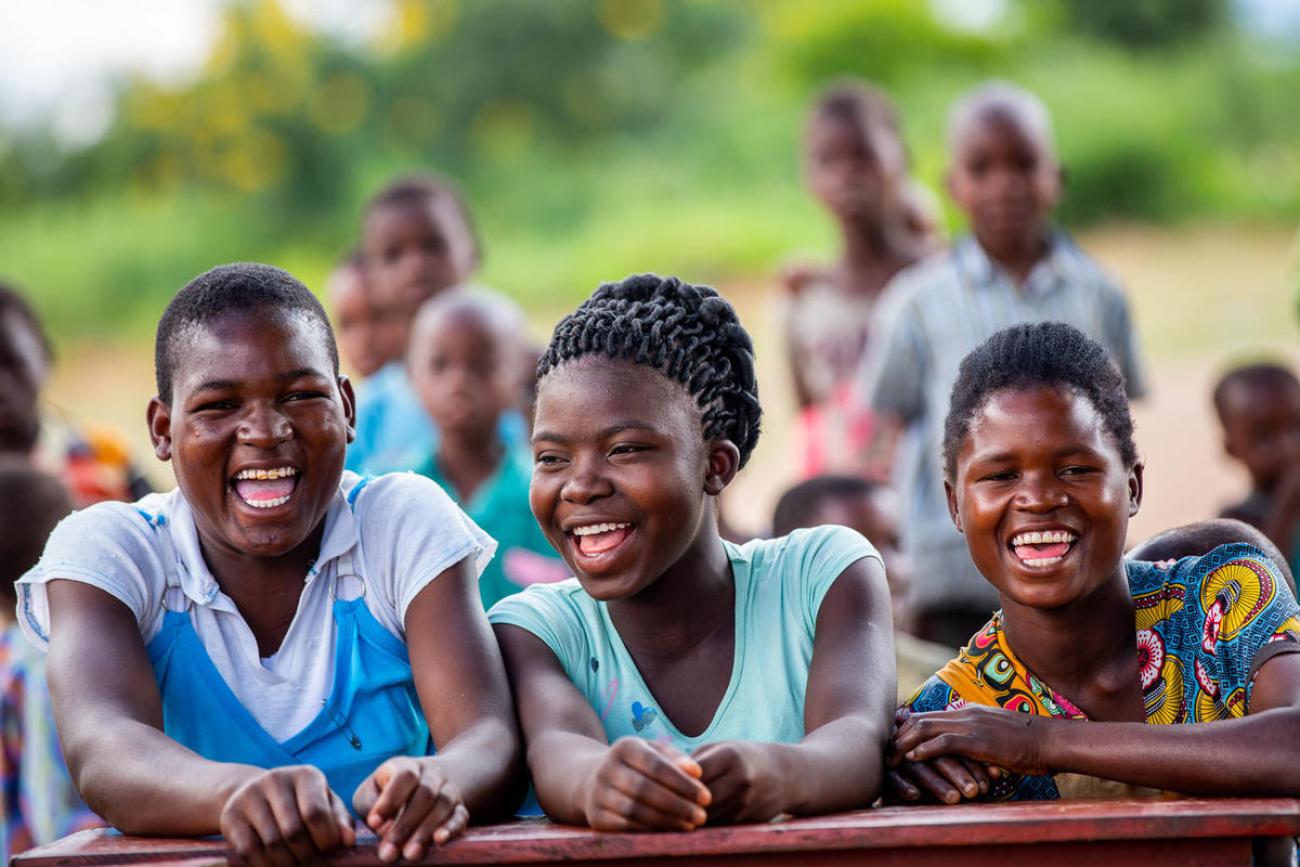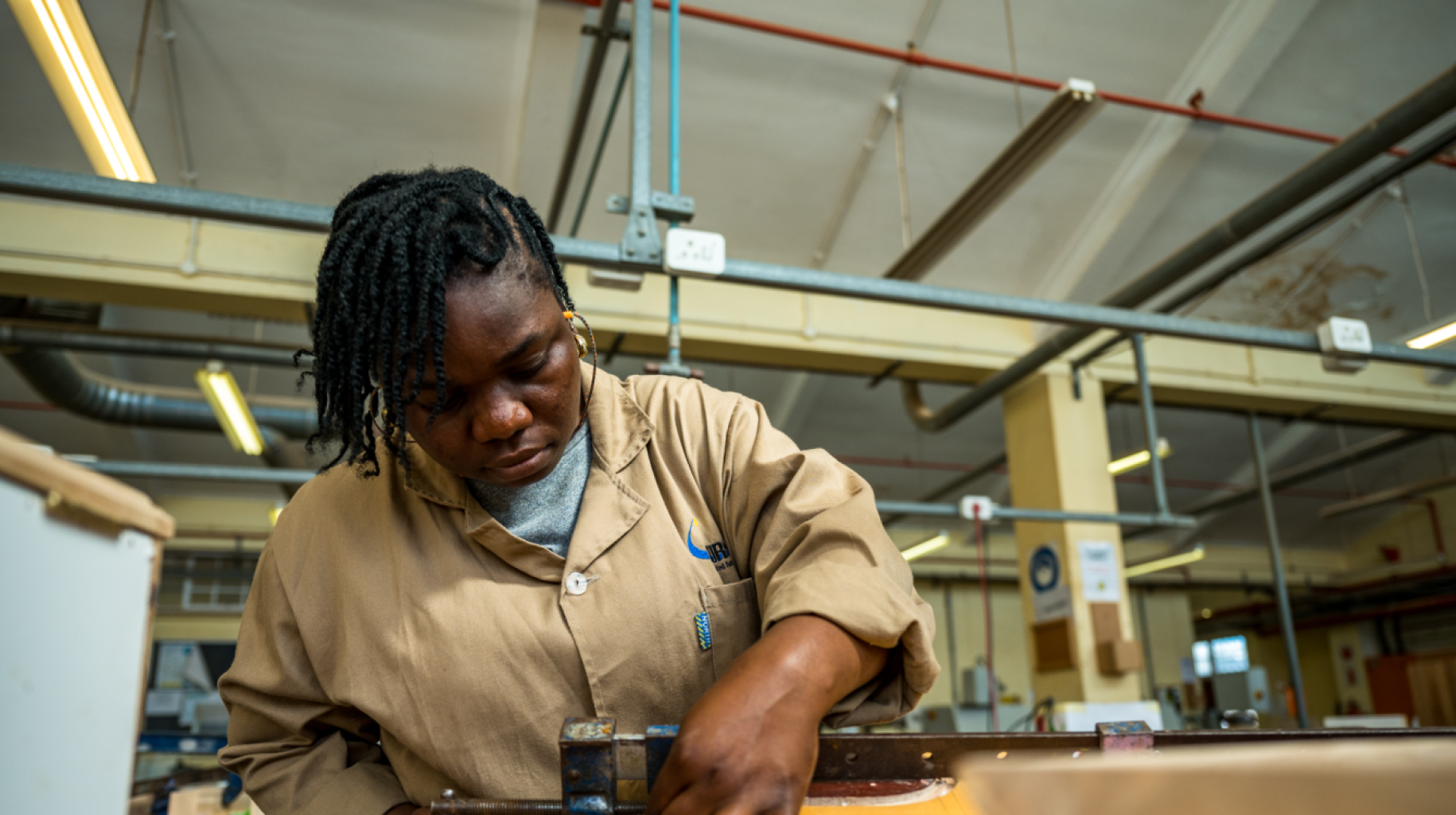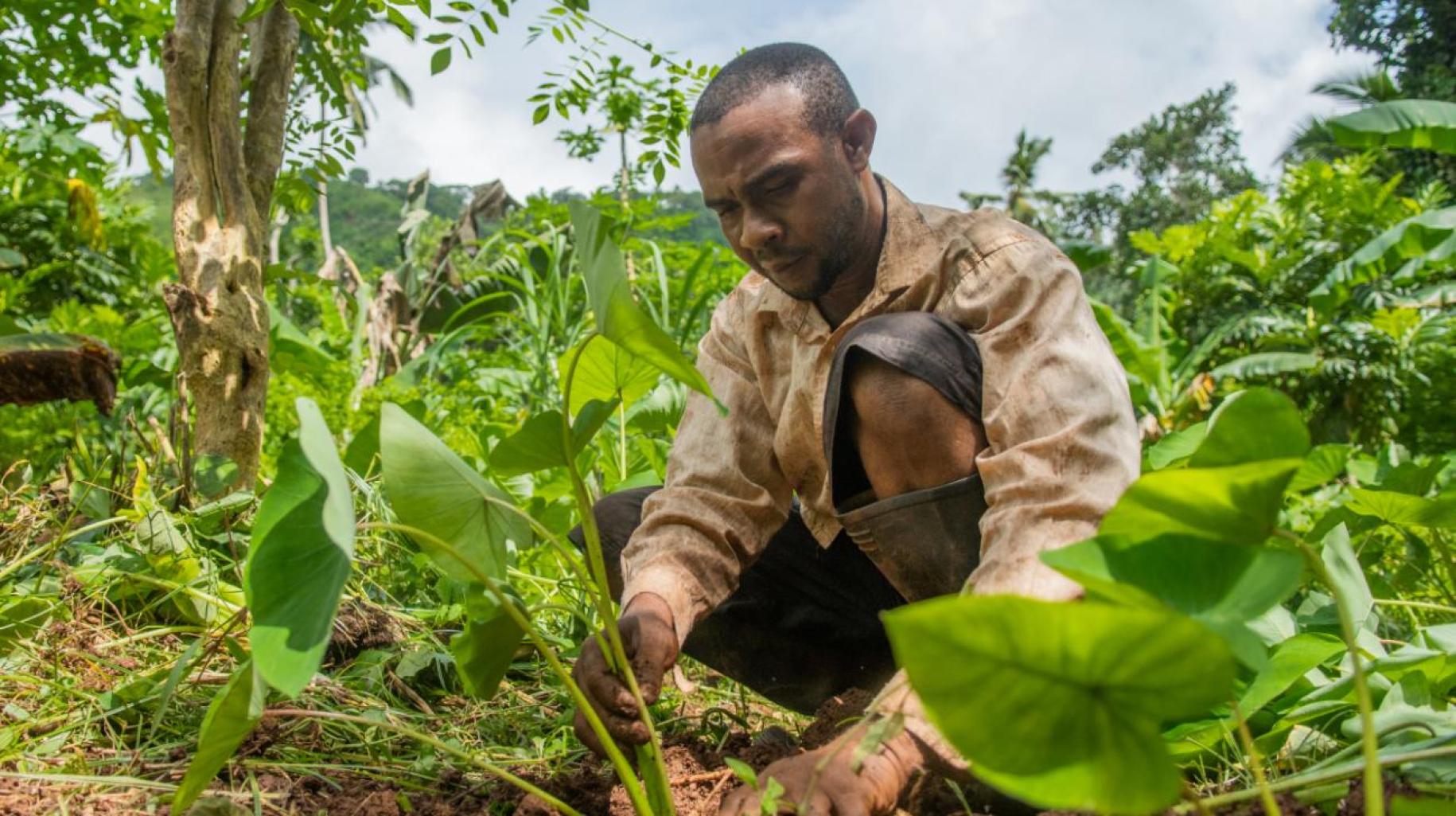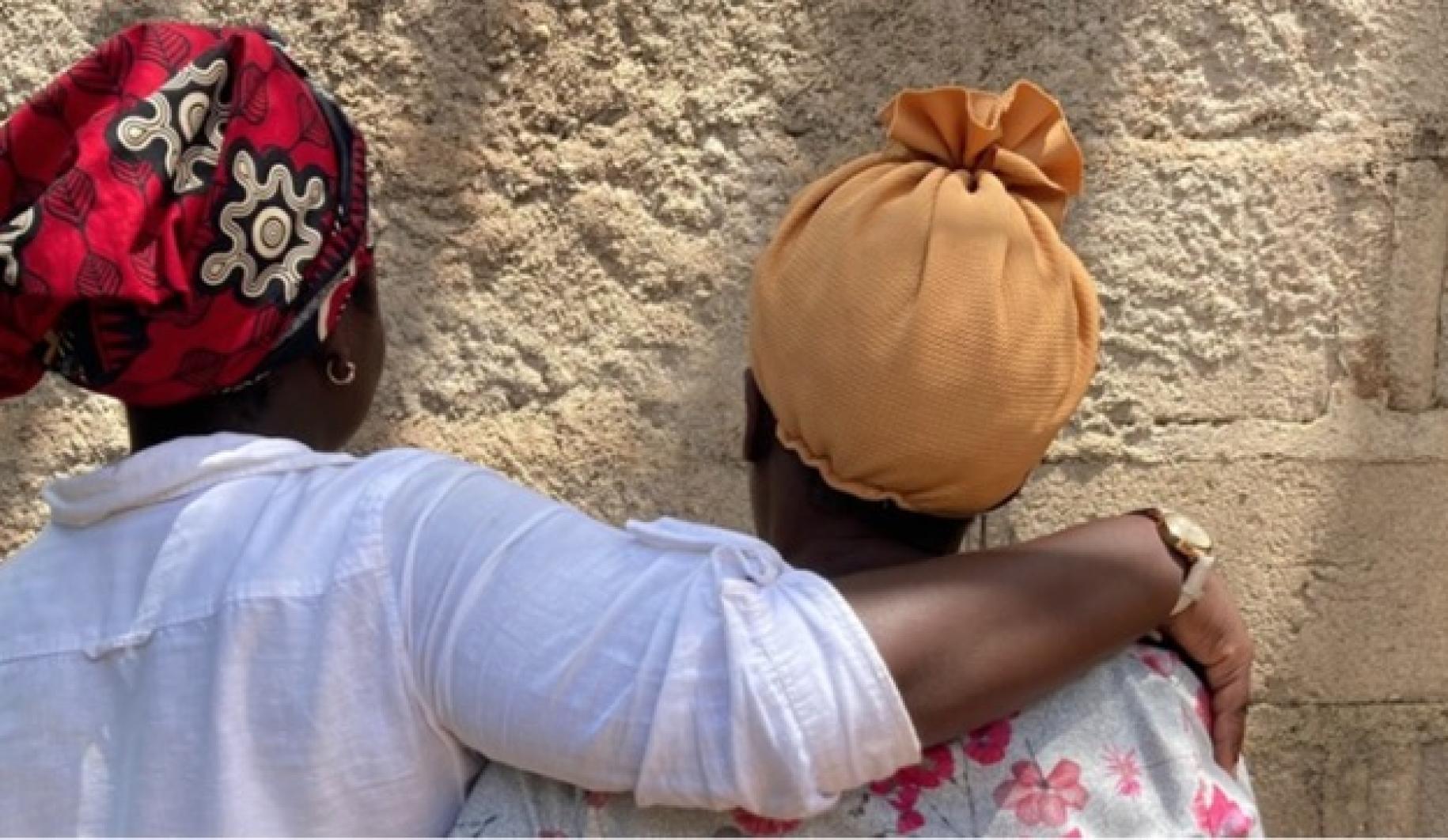Unlocking Africa’s full potential for SDG acceleration

As we reach the midpoint of the 2030 agenda, African leaders are emphasizing the need to rebuild trust and rekindle global unity amid a series of challenges. From the economic repercussions of the war in Ukraine, increased regional conflicts to extreme weather disasters, there are numerous challenges threatening to impede progress towards the Sustainable Development Goals (SDGs). Despite these hurdles, there are promising trends across the continent that demonstrate Africa’s unique potential for growth and prosperity.
Here are five ways our UN teams are helping leverage these trends to advance progress on the ground:
Empowering Africa’s Youth
With over half of Africa's population under thirty, this demographic advantage holds immense promise. The key lies in channeling investments towards resources and opportunities that will unlock the full potential of new generations.
In Egypt, a Youth Climate Change Committee is currently being established under the leadership of the Resident Coordinator and the UN Country Team. This joint project with the Ministry of Youth and Sports engages young people across the country, who will receive training on climate politics and contribute to shaping and implementing climate policies.
In Liberia, youth employment and entrepreneurship are key for building long-term sustainable development. To help unlock the potential of the next generation, the United Nations Industrial Development Organization (UNIDO) in Liberia is implementing two joint programmes, ‘Youth Rising’ and ‘Youth at Risk’ which empower young people, especially women, with skills, vocational training, and practical employment opportunities.

Leveraging the Digital Revolution
Over the last two decades, Africa's embrace of information technology has helped boost sustainable growth and entrepreneurship and catalyze progress towards the SDGs.
At the center of this transformation are small businesses, which provide at least 80 per cent of Africa’s employment and contribute to 50 per cent of its Gross Domestic Product (GDP). To make the most of this opportunity, last year the UN’s International Trade Centre (ITU) partnered with MFS Africa, the continent’s largest digital payments hub to support the digital inclusion of small businesses. Their collaborative efforts have now spread to more than ten African markets, including in Benin, Côte d’Ivoire, and Ethiopia; helping extend economic opportunities to a wider segment of the population.
The Transformative Power of AfCFTA
The African Continental Free Trade Area (AfCFTA) has been a game-changer for the continent. The initiative holds the promise of lifting 50 million Africans out of extreme poverty, according to the World Bank’s projections.
In February 2023, the Union of Comoros joined the ranks of African nations ratifying the AfCFTA. In a recent interview, Francois Xavier Batalingaya, the Resident Coordinator in Comoros discussed how this ratification marks a significant step towards harnessing the country's valuable resources and realizing its untapped potential for business opportunities. By gaining access to regional and global markets, Comoros can create value chains around its rich array of essential oils and spices, which helps drive industrialization and economic growth.

Climate innovation
At COP27 last year, African leaders demonstrated their commitment to climate action by launching the Africa Carbon Markets Initiative with the aim of dramatically boosting the continent’s carbon credit production. Through the exchange of carbon credits, these markets offer a unique pathway to improve energy access, create new green jobs and preserve biodiversity.
At the country level, our UN teams are working with national authorities to deliver stronger climate action on the ground. In Senegal, for example, the Resident Coordinator has rallied the UN team to scale up the country’s climate adaptation and resilience measures. With support from the UN Capital Development Fund, (UNCDF) Senegal’s Local Climate Adaptive Living Facility is helping the national authorities access the climate financing, technical support and skills needed to respond and adapt to climate change.
Empowering Women and Girls
Women's economic empowerment is essential to achieve gender equality and address the structural barriers restricting women's opportunities. In Mozambique, where over 20 percent of girls aged between 13 and 17 are married, the Spotlight Initiative is providing a beacon of hope. This partnership between the UN and the European Union, is empowering women by combatting sexual and gender-based violence, advocating for sexual and reproductive health and rights, and supporting the creation of women's associations.
In Manica, a small town in western Mozambique, the Spotlight Initiative is supporting the Tambara Women's Association (ASMTA) fuel transformative change on the ground. By offering financial education and business start-up kits, the Association is helping women build their livelihoods and overcoming financial dependence. Ms. Gala, one of the active members of the association, used her kit to launch a successful business selling yogurt crafted from baobab
tree fruit.

Significant progress has been made in advancing the Sustainable Development Goals in Africa, yet the journey towards their full realization is far from complete. Challenges persist in numerous African nations, notably in the areas of education, poverty reduction, and hunger eradication. To achieve the 2030 Agenda, African leaders, civil society, and the United Nations must sustain their collaborative efforts, securing and directing funding towards catalytic transformations that will drive Africa closer to achieving the SDGs.













